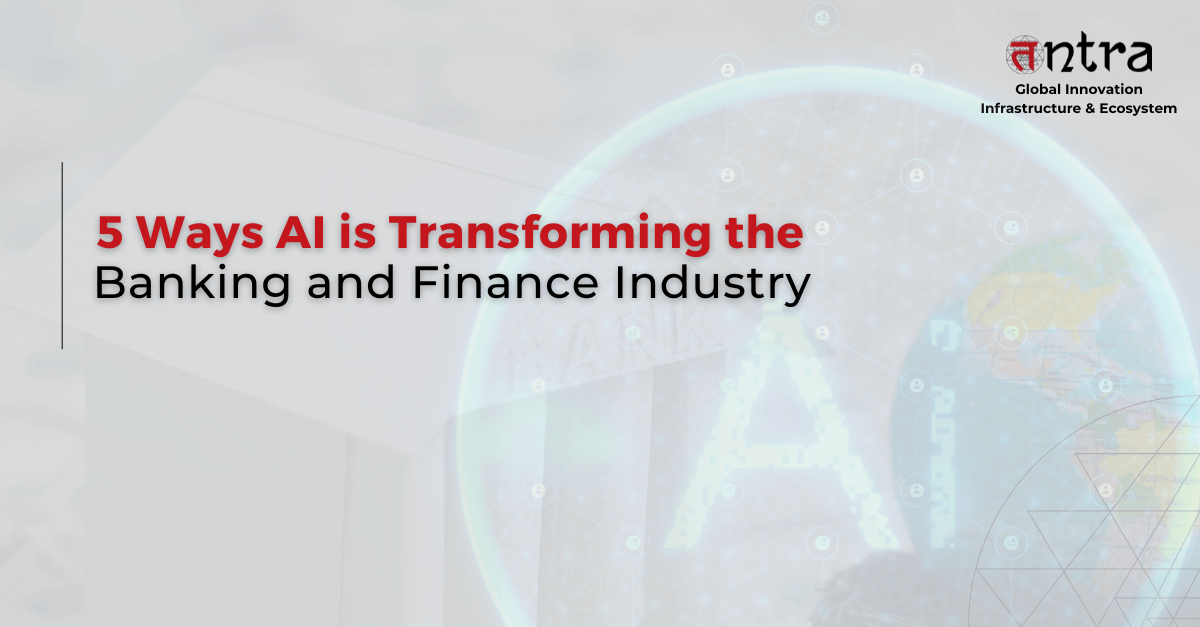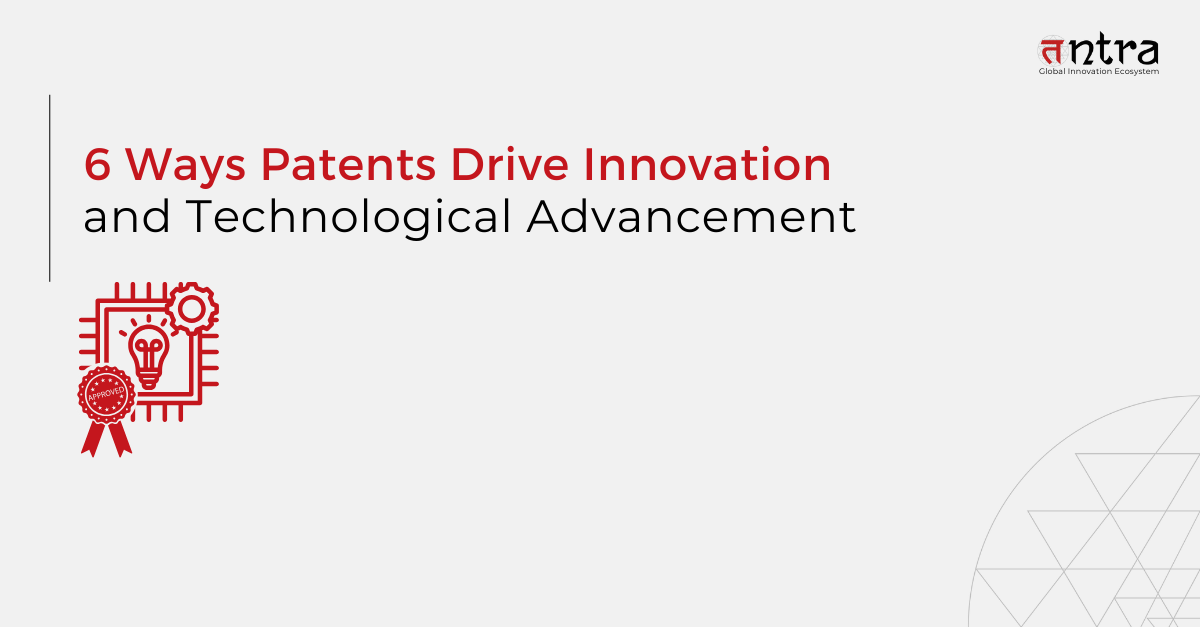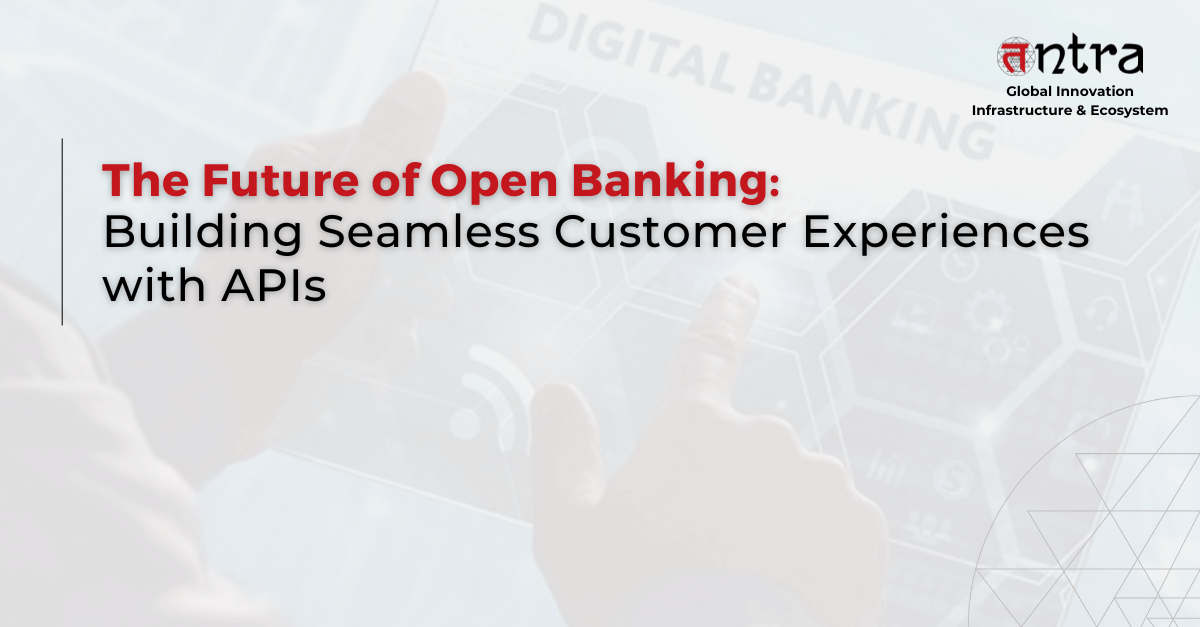
5 Ways AI is Transforming the Banking and Finance Industry
Table of Contents
ToggleDigital-first banks have been in the news and drawing big money in some regions, particularly the UK. Kasisto is among the businesses that introduced digital-first banking to the US. And it’s a prime example of AI in banking.
Banks can construct their chatbots and virtual assistants using Kasisto’s conversational AI platform, KAI. Because of its foundation in Artificial Intelligence (AI) reasoning and natural language creation, it can handle complex financial management queries. Financial companies such as TD, DBS Bank, Standard Chartered Bank, and Liv., a digital bank based in the United Arab Emirates, have utilized Kasisto’s platform. These banks employ artificial intelligence (AI)-driven chatbots that instruct users on how to conduct foreign transfers, stop credit card charges, and connect to human support when the bot runs into trouble.
Another bank that is using AI banking technology to provide improved customer service is Capital One. The bank introduced Eno in 2017, a virtual assistant with which customers may interact via text, email, desktop, and mobile apps. Eno handles all of the credit card payments, account balance monitoring, credit availability, and transaction checking for consumers. It also allows users to text questions and receive fraud warnings. Emojis are just another way the AI assistant can interact like a human user would.
(Source: BuiltIn)
The Growing Importance of AI in Banking
If the use cases are completely deployed, generative AI may generate between $200 billion and $340 billion in value annually (9%–15% of banks’ operating earnings), according to a 2023 estimate by management firm McKinsey & Co.
According to S&P Global Market Intelligence TMT, around 40% of financial services organizations rely on machine learning for both use cases. This pattern recognition has been particularly useful in fraud detection and financial forecasting.
According to end users, machine learning accounts for roughly 18% of the market in banking, financial services, and insurance. Financial services businesses appear to rely predominantly on cloud-based machine learning platforms for digital transformation, like AWS, Microsoft Azure, or Google ML, in their ML strategy. Moreover, the majority (71%) continue to utilize private cloud settings instead of public cloud environments, per a report conducted by S&P Global Market Intelligence’s TMT Research section.
The Transformative Power of AI in Banking and Finance
AI is transforming the caliber of goods and services provided by the banking sector. It has not only made data handling easier and enhanced client satisfaction, but it has also streamlined, expedited, and redesigned conventional procedures to increase their efficiency. Whether it’s AI in net banking or enhanced customer experience, the technology has surfaced everywhere.
Data has become a financial services organization’s most valuable asset because of the development of technology like artificial intelligence. Banks are more aware than ever of the creative and economical solutions AI offers, and they realize that asset size—while still significant—will no longer be adequate by itself to establish a profitable company. In order to capitalize on these advancements, many banks are partnering with fintech app development solutions providers to leverage AI’s potential and deliver a superior banking experience.
Here are a few ways AI applications in finance are helping banks transform their operations:
- Chatbots: Artificial intelligence (AI)-driven chatbots that use Natural Language Processing (NLP) to engage and communicate with clients around the clock and improve online conversations. Chatbots can now assist with opening new accounts and forwarding complaints to the proper customer support departments, among other things, in addition to providing standard answers to customers’ questions to help them navigate their account data.
- Fraud Detection & Prevention: Up until recently, banks depended on antiquated, rule-based systems for name screening and Anti-Money Laundering (AML) transaction monitoring, which led to a high proportion of false positives. Enhanced artificial intelligence (AI) and Machine Learning in finance components are being added to the current systems in response to the alarming rise in fraud-related crimes and the constantly evolving fraud patterns. These components allow for identifying previously undetected transactional patterns, data anomalies, and suspicious relationships between individuals and entities.
- Customer Experience: For banks, customer relationship management is crucial. Banks are now offering more individualized, round-the-clock services to specific clients, like voice command capabilities and facial recognition for financial app logins. Banks also use artificial intelligence to automatically segment their client bases and study consumer behavior patterns. This enables more focused marketing efforts and better customer communication and experience.
- Loan and credit decisions: In a similar vein, banks are utilizing AI-powered tools to assist in making safer, more profitable, and more informed lending and credit choices. To evaluate whether or not a person or business is creditworthy, many banks still rely too heavily on credit ratings, credit histories, customer references, and banking activities. Apart from utilizing accessible data, artificial intelligence (AI)-driven loan decision systems and machine learning algorithms can also analyze patterns and behaviors to ascertain whether a client with a limited credit history could potentially be a good credit candidate or identify clients whose past behavior may raise the risk of default.
- Predictive Analytics: The development of AI and machine learning (ML) has made it possible to foresee and make predictions with accuracy. Revenue forecasting, stock price forecasting, risk monitoring, and case management are among the applications of data analytics in banking. The models’ performance has gradually improved as a result of the exponential growth in data collection, which has led to a decrease in the amount of human involvement needed.
AI is Transforming the Banking Industry as We Know it
AI presents exciting prospects, and to speed up data collecting and analytics, modern banking has to have easily accessible, secure, and customer-focused data centers. Companies need to understand that AI will transform banking operations and make them cost-efficient. Embracing AI has become the need of the hour.
If you want to integrate AI in banking and finance, Tntra technology solutions is the right provider to choose. We are a software product engineering company that has already served 200+ clients with quality software solutions and innovation that have taken their operations to new heights. Consult us today!





